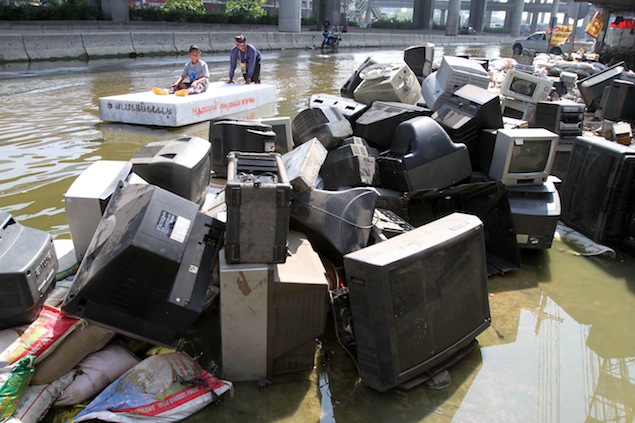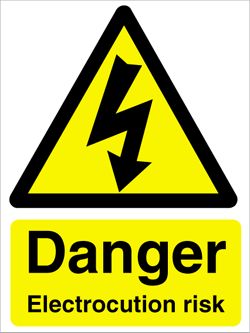 Flooding takes a terrible toll on residences and commercial buildings. We see photos on the news as we’re dealing with our own situations, but it’s possible we’re not thinking about flood-damaged appliances.
Flooding takes a terrible toll on residences and commercial buildings. We see photos on the news as we’re dealing with our own situations, but it’s possible we’re not thinking about flood-damaged appliances.
The Gas Appliance Manufacturer’s Association (GAMA) is a professional trade organization for manufacturers of electrical and gas appliances. Naturally, they have a serious interest in making sure their products operate properly, and that includes after flood waters have receded from homes and buildings where appliances are located and used.
GAMA has issued warnings over the years that appliances should be replaced, and not repaired after any flood. The primary reason for the replacement-only warning is simple – people without the proper knowledge and skills often think, “oh, this stove looks fine…” and they don’t realize how much damage may have occurred.
Electrical shocks and gas fires are very real dangers from making a decision to go ahead and use appliances after a flood. You can’t always SEE the damage to circuits and valves unless you’re a trained service technician.
So, don’t take a chance with your safety and the safety of others. Replace all your flood-damaged appliances, or at the very least, follow the advice of the Consumer Product Safety Commission in Washington D.C. which advises:
ELECTRICAL APPLIANCES

“Do not use electrical appliances that have been wet. Water can damage the motors in electrical appliances, such as furnaces, freezers, refrigerators, washing machines, and dryers.
Have them dried out and reconditioned by a qualified service repairman. Do not turn on damaged electrical appliances because the electrical parts can become grounded and pose an electric shock hazard or overheat and cause a fire. Before flipping a switch or plugging in an appliance, have an electrician check the house wiring and appliance to make sure it is safe to use.”
GAS APPLIANCES
“To prevent a gas explosion and fire, have gas appliances (natural gas and LP gas) inspected and cleaned after flooding.
If gas appliances have been under water, have them inspected and cleaned and their gas controls replaced.
The gas company or a qualified appliance repair person or plumber should do this work. Water can damage gas controls so that safety features are blocked, even if the gas controls appear to operate properly
If you suspect a gas leak, don’t light a match, use any electrical appliance, turn lights on or off, or use the phone. These may produce sparks. Sniff for gas leaks, starting at the water heater. If you smell gas or hear gas escaping, turn off the main valve, open windows, leave the area immediately, and call the gas company or a qualified appliance repair person or plumber for repairs.
Never store flammable materials near any gas appliance or equipment.”
Advanced Cooling is the premier choice for HVAC services in Texas and Oklahoma. With a team of highly trained and certified technicians, we have the expertise to handle all of your heating, ventilation, and air conditioning needs. Our commitment to customer satisfaction is unmatched, and we always go above and beyond to ensure that your experience with us is positive. We use only the highest quality parts and equipment to ensure that your HVAC system is running at peak performance. Plus, we offer competitive pricing and flexible scheduling to fit your needs. Choose Advanced Cooling for all of your HVAC needs in Texas and Oklahoma.
